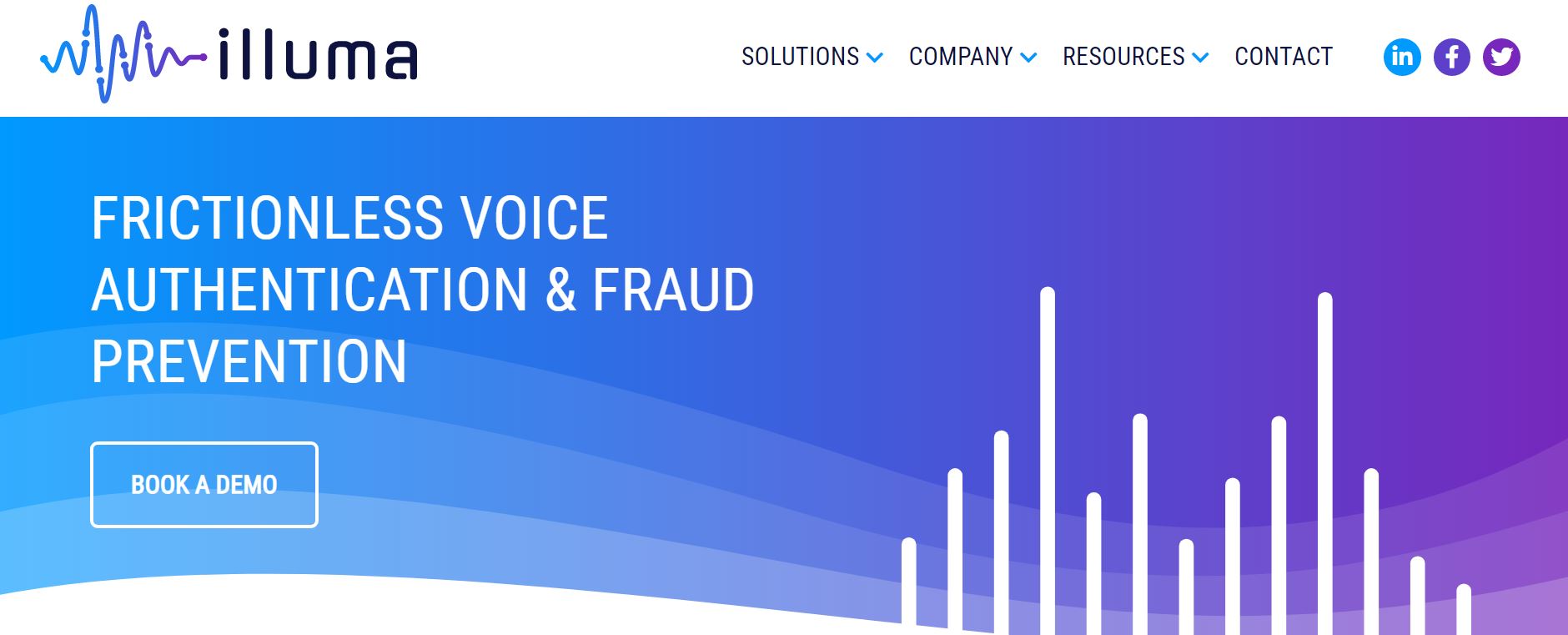
Finovate always goes to great lengths to scout and bring together the brightest minds for keynote presentations, showcasing the most thought-provoking ideas on the main stage.
FinovateSpring, which takes place in San Fransiscso May 23 to 25, is no different. We’re thrilled to host six keynote presentations from all-star speakers. Get ready to gain valuable insights, discover innovative strategies, and be inspired by these speakers as they delve into crucial topics shaping the future of finance and technology.
Check out our six main-stage keynotes below:
Capitalizing on Competitive Advantages, Avoiding Moat Mirages

Ben Clayman, Engineering Leader at Square, will offer his deep understanding of the fintech landscape to guide attendees through the intricacies of leveraging competitive advantages while avoiding the pitfalls of false market barriers. His insights and practical strategies will empower professionals to chart a course for sustainable success in the ever-evolving fintech industry.
The Global Economic & Geo-Political Outlook – What Next? What Are The Challenges & Hidden Icebergs Ahead?

John C. Hulsman, President & Managing Partner at John C. Hulsman Enterprises will offer up his knowledge of global economics and geopolitics. Hulsman will unravel the potential risks and opportunities that lie ahead for the fintech and financial sectors. Gain invaluable foresight into the intricate interplay of geopolitical factors and economic landscapes, which will equip you to navigate the challenges and seize emerging opportunities with confidence.
Understanding The Recent Banking Instability Through The Lens Of Geopolitical Risk – How This Impacts Central Bank Policy And What It Means For Fintechs & Financial Institutions

Manas Chawla, CEO at London Politica, will share his expertise in geopolitics and shed light on the correlation between political dynamics, central bank policies, and their impact on the stability of the banking sector, offering valuable perspectives for fintech professionals.
Quick-Fire Keynotes
Climate Change, ESG & Financial Services, What Do Wall Street & Your Customers Want? How Can Banks Avoid Greenwashing? Why Digitisation & Sustainability Go Hand In Hand
Cathryn Peirce, Founder & CEO at Carbon Zero Financial
Financial Inclusion & Financial Wellness – Harnessing Data and Segmentation To Help Your Customers To Achieve Long Term Financial Health In Tough Economic Times
Ashish Gupta, Chief Risk Officer at LendingPoint
The Intersection Of Financial Services And Commerce – How Embedded Finance Can Generate Over $100 Billion in Revenue for Banks
Sam Kilmer, Managing Director, Fintech Advisory at Cornerstone Advisers




















